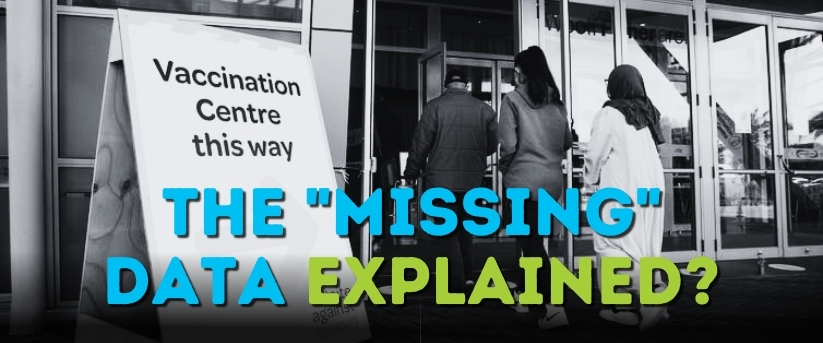
Sprinkling crumbs of doubt …
Will 2024 be the year you up your communication game?
People often ask us for tips to speak more effectively with others on controversial, tricky, or sensitive topics. We certainly don’t have all the answers, but over the past few years, we have noticed a few things that appear to work.
Read on to discover some techniques you might like to try when speaking with others this year… (Hint: It’s more about sprinkling breadcrumbs and less about force-feeding an entire loaf of sourdough!)
Fortunately, we find ourselves in a great position heading into 2024. Our evidence breadcrumbs bag doth spilleth over!

People are more open to listening than they have been at any other time during the Covid years. But this presents a challenge in itself!
In reality, freedom-minded people don’t have an evidence problem; we have a communication problem. Which evidence do we choose or discard? How do we get the information across in a way that interests people and makes them more curious?
A wise guest on RCR, Feargus O’Connor Greenwood, discussed this evidence/communication dilemma back in June 2023 and made some pertinent points that deserve exploration and sharing.
Five tips to help you master the art of breadcrumb spreading in 2024…
Below is a list of factors to cement in your mind when speaking with others about passionate topics this year:
- Facts don’t change minds; friendships do. Human connection trumps ‘winning’ an argument in the long run. What good is ‘winning’ if the person avoids speaking with you in the future? Prioritise connecting with people first and resist the urge to bash them over the head with your bag of facts!
- Understand the mindset and values of the person you’re conversing with before presenting your evidence. What makes this person tick? What do they care most about? Frame the discussion in terms that strongly support the other person’s values. We have two ears and one mouth and should listen twice as much as we speak if understanding others, finding common ground and having them appreciate our perspective is our goal.
- Instincts and emotions come first. Strategic reasoning is second. Someone stuck in an emotional position is unlikely to hear what you are saying, no matter how solid your facts are. Bear this in mind when speaking with others – both for monitoring our own emotional reactions and those of the person we are conversing with.
- Convincing someone to change their mind is actually the process of persuading them to change their tribe. If the goal is to expose the wrongdoings and failures of someone’s tribe, we must offer them an alternative tribe. To be effective, one must be inspiring and attractive, not bullish and ranty. Lighten up! Remember to smile, utilise humour and laugh. (In this case, the ‘tribe’ of the masses is more the amorphous ‘collective’ as described by Professor Mattias Desmet rather than an actual physical group of people.)
- It’s easier to go from A to B than from A to Z. Feargus O’Connor Greenwood refers to this as ‘pink-pilling‘. People tend to slide, not jump, so dial back the pressure on that firehose to a drip! Baby steps are better than no steps at all…

So, let’s make 2024 the year we employ intelligent and deliberate strategies to communicate the issues that matter – effectively.
Thanks for reading and sharing! Remember to sign up to our mailing list to keep up with the latest news.
If you value what we are up to at Voices and would like to support our ongoing work you can donate to us and support our nationwide public education campaigns (webinars, flyers, billboards...) and other initiatives to speak up and push back for your freedoms.




